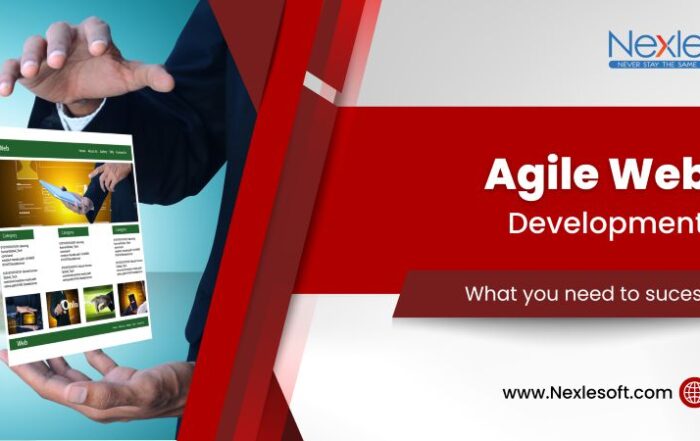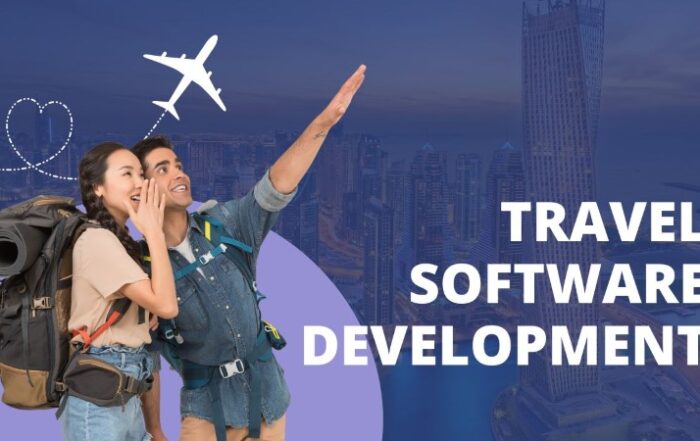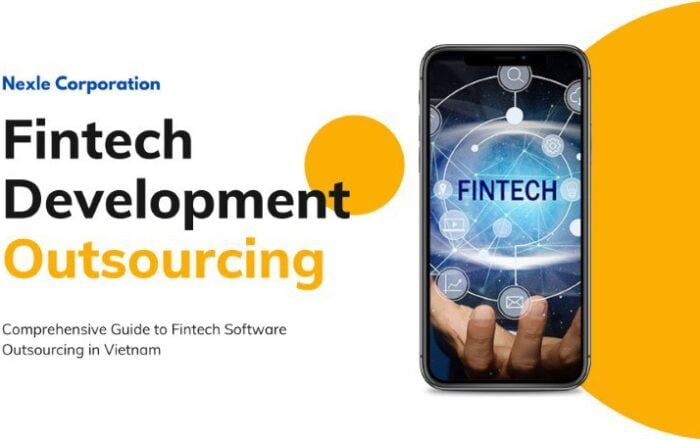Artificial intelligence refers to a machine’s capacity to engage in activities linked with human intelligence, such as reasoning, learning, making choices, and solving issues. AI has revolutionized different sectors and industries, like human resources.
At the same time, HR is the part of a company that handles and grows its human workforce. HR deals with hiring, training, managing performance, engaging employees, keeping employees, and others.
In this article, Nexle Corporation will discuss use cases as well as things to consider when using artificial intelligence in human resources.
Use Cases of Artificial Intelligence in Human Resources
1. Recruiting & Hiring
AI use has brought big changes to HR, especially in recruitment and talent acquisition. AI has turned time-consuming tasks into fast processes. It speeds up hiring people, from advertising to offering jobs. AI-powered tools now help assess video interviews and personality tests, among other things. This not only saves time but also ensures that no suitable candidates are overlooked due to human error or fatigue.
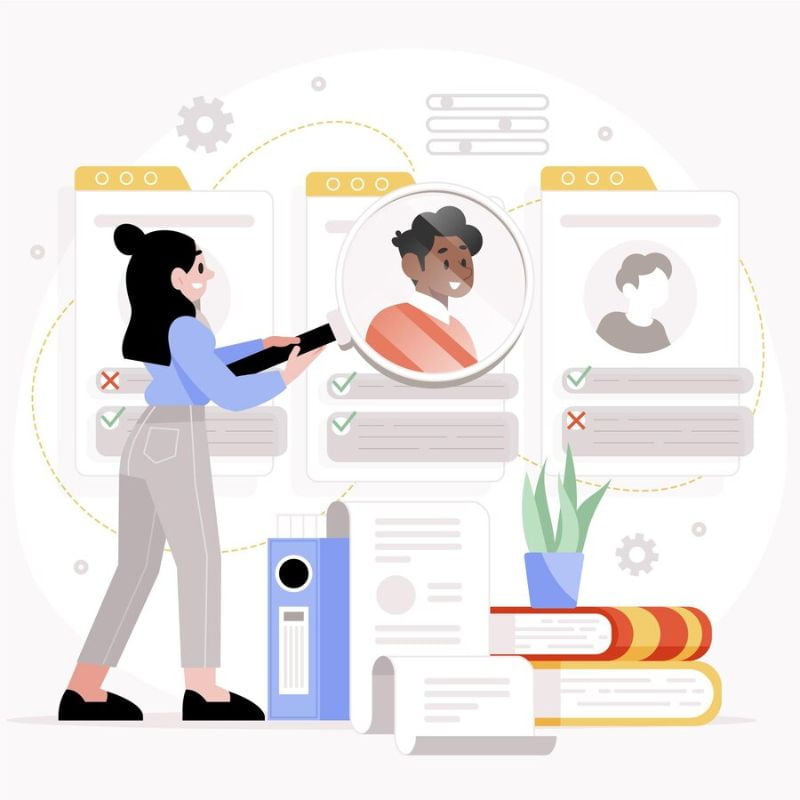
AI in human resources
2. Onboarding
Artificial intelligence in human resources can help make the onboarding process easier. It can simplify onboarding and make hiring smoother. It makes sure no one gets neglected or ignored during any stage. This keeps the company’s image strong in the tough job market.
- Checking worker papers,
- Handling office tasks (like giving out IDs and setting up access to work tools and programs),
- Leading introduction training.
Read more: Artificial Intelligence in the Workplace: Top 11 Tools to Do Your Tasks with Ease
3. Learning and development
AI has a big role to play in HR. It can make training more professional. Instead of just helping workers get the business skills that everyone wants, AI can use data to guide each worker on their special career path. It can also watch how people like to learn and give them targeted advice on how to get better.
Moreover, AI is useful for helping workers move up within their company. It matches their likes and skills with opportunities that exist. Some new AI companies have come up with ways to make this process even smoother, offering evaluation, training, and advice. Yet, in places like France, the General Data Protection Regulation (RGPD) limits them, even though in other countries, these could be customized to each person.
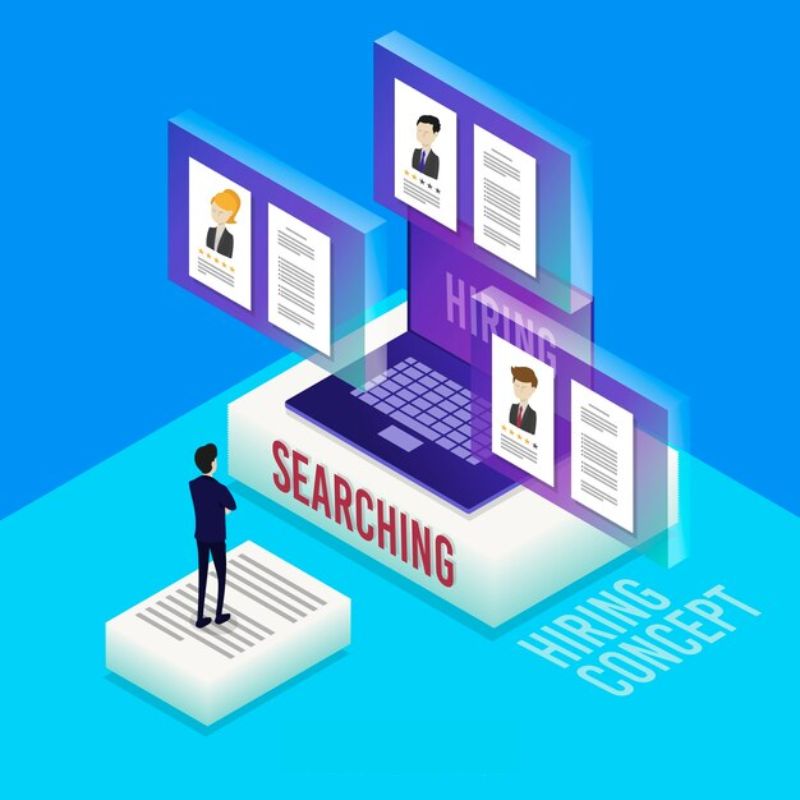
Benefits of AI tools in HR
4. Administrative and legal support
AI helps HR by taking over routine, hands-on tasks, letting them concentrate on more advanced and strategic initiatives. It helps with the admin and legal aspects of payroll and compensation, not only handling sick days, vacation leave, expense sheets, and training. AI tools can churn out and inspect all reports for accuracy and uniformity for a fee. Moreover, AI offers individualized social benefits packages for each staff member.
5. Employee monitoring
Today’s top-notch tools utilize AI to monitor employees’ online actions, identifying areas that affect work efficiency. If AI spots any issues or business rule breakages, it can alert the administrators. This way, overseeing large teams becomes easy without the need for human oversight.
6. HR chatbots and virtual assistants
Imagine a chatbot taking care of all your HR tasks 24/7. It’s able to address employee questions about benefits, holiday rules, and beyond. This increases staff happiness since their questions get rapid replies, freeing the HR team to focus on bigger missions.
Read more: Artificial Intelligence in Supply Chain: 10 Best Use Cases in 2023
Considerations when adopting AI tools
AI has limitations
A study by Harvard Business School revealed that 88% of HR managers admitted their systems automatically rejected suitable candidates. This indicates that the algorithm likely dismissed many qualified applicants, missing just a skill or two. Relying solely on artificial intelligence in human resources won’t give a full view. It’s vital for HR professionals to examine the data context to draw the correct insights.
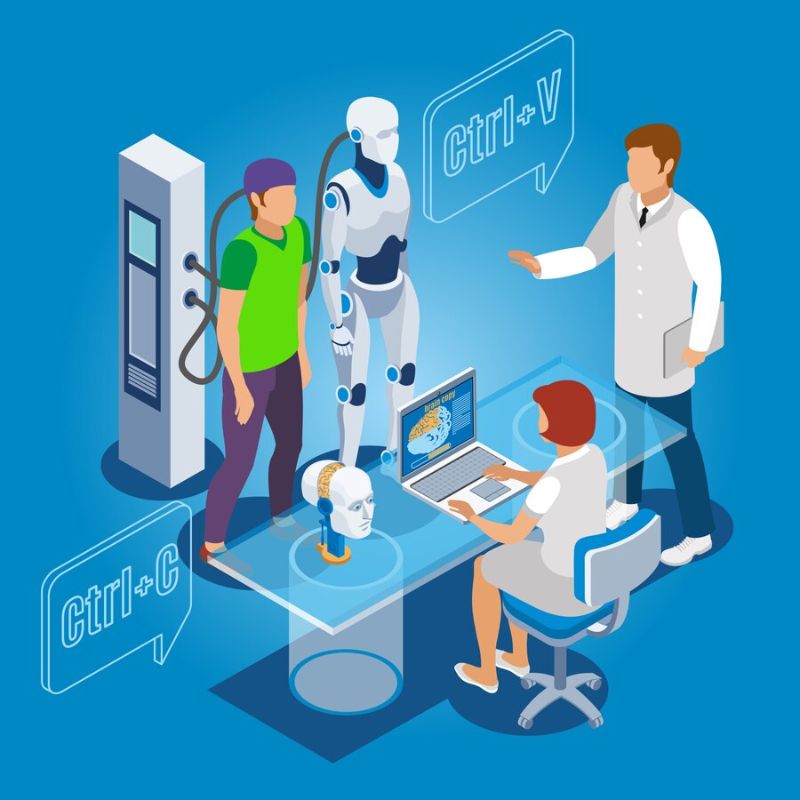
Considerations in AI tools
Data privacy and cybersecurity risks
Nowadays, keeping data safe is crucial. Lots of businesses use AI to keep important stuff. It’s up to HR to protect workers’ private information. This includes things like Social Security numbers and bank details.
Read more: Future of Artificial Intelligence: How Will It Change Industries?
AI can be really handy for HR, doing endless jobs like checking resumes, setting up interviews, or answering simple questions. It can improve HR tasks by choosing top candidates, giving customized feedback, or suggesting learning opportunities. With AI, HR tasks are supercharged. Activities like spicing up job satisfaction, inhibiting unfairness, and promoting a climate of creativity and teamwork are powered up. But AI’s not all smooth sailing. Tricky problems like ethics, laws, data protection, and the interaction between people and machines can surface. So, HR employees must keep their eyes open to AI’s strong and weak points and use it in a balanced and ethical way. AI is not a stand-in for our authentic human touch and understanding but a tool that can boost and uplift HR professionals in their pursuit of achievements.
